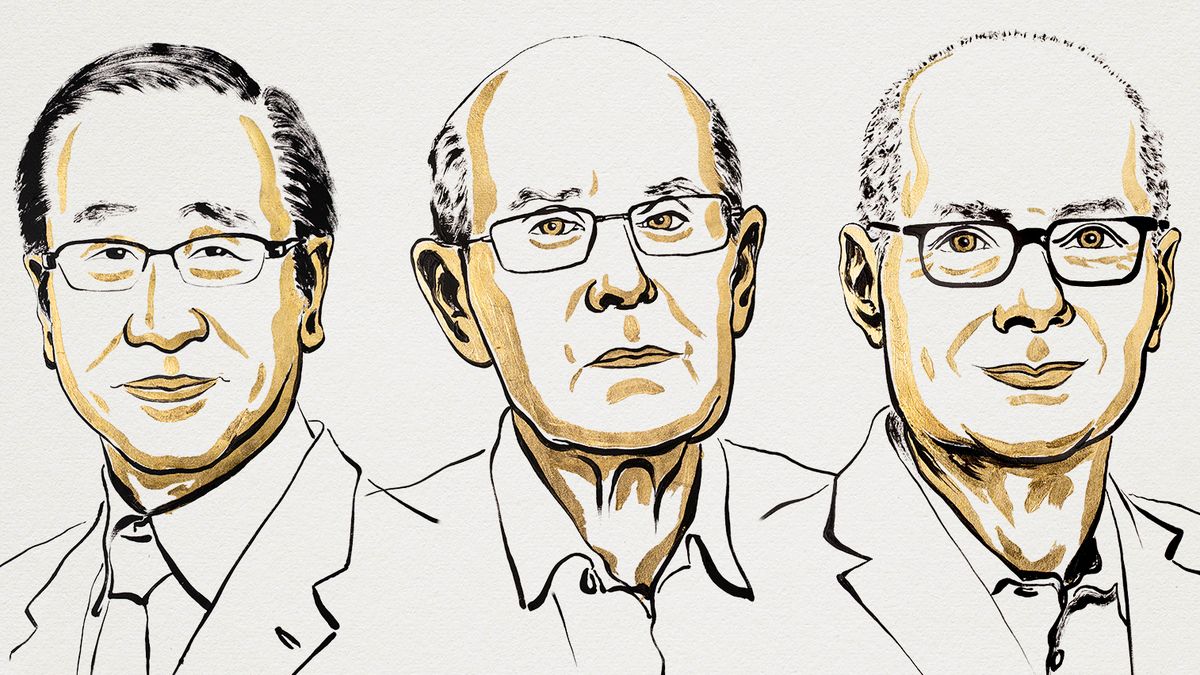Those who invest sustainably want to do something for the planet. However, he is often wrong about the ecological impact of his sustainable investment, explains Theresa Hauck from Econos, a portal for green investments.
Ms. Hauck, last year you and your fellow campaigners launched Econos, a platform for sustainable investment opportunities. To put it bluntly: Today everyone claims to work sustainably. What makes you special?
We are pursuing an investment strategy that combines an attractive return with what our planet now needs for climate protection. To do this, we invest in nature-based solutions, such as B. sustainably managed forests and in climate technologies. We are active in an area where direct solutions to these questions of the future are at stake. These are investments that were traditionally reserved for large institutional investors. They have had forests as an investment in their portfolio for decades. Or they make larger investments in solar energy or in wind farms, battery storage and Co. Such projects are always associated with a large capital requirement and were not accessible to normal investors. And that’s where we step in and make such opportunities possible for smaller investors too. We do not base our selection on abstract criteria, the project, the investment itself must be ecological.
Do you act like an institutional investor – such as a pension fund – and your customer can then step in with a piece of the investment?
Technically, we are a digital investment platform. That means investors come to our website and invest digitally in different investment products. But we don’t just bring existing products together with investors, like many other platforms. We are also asset managers. We invest in the respective products and take care of the professional management. By bundling the capital, we can achieve attractive returns. With our success-based fees, we ensure that we are pursuing the interests of our investors.
Investor is a nice word, but it is metaphorically associated with large sums of money. What dimension are we talking about?
The investments that we make as a platform are in the millions. But as a customer, you can get started with small sums. We want to give that access to anyone and everyone who wants to invest in the future of the planet. This idea of democratization is very important to us. Theoretically, you can invest in Econos from small amounts up to 500,000 euros. On average, our customers invest in the five-digit range.
Sustainability is a popular term. Even the armaments industry is considered sustainable. What does that still mean today?
I have to digress a bit. Sustainability is not a protected term, it is not even a defined term. There are simply no universal standards in this area. There are voices that say that such a definition is needed. But there are also voices that say it’s actually not that beneficial.
Why shouldn’t there be a binding standard? Isn’t there otherwise a lot of fraud or at least fraud and greenwashing?
Because there are different interpretations of what sustainability means. There are ecological criteria, there are social criteria. And there are limits to verifiability. Biodiversity is important. But as of today, I can measure CO2 emissions, but I cannot yet measure biodiversity.
There is the term Environmental Social Governance (ESG). Isn’t it defined?
ESG is the central concept in this area. These are criteria that are applied when investments are made. But over the years there has been a mix-up. These criteria have been mistaken for being good for the environment.
Why error? Is environmental social governance not sustainable?
The fallacy lies in believing that if a project or facility is certified as sustainable according to ESG, it will also have a positive environmental impact. This is wrong because ESG is first and foremost a risk assessment.
It is asked whether climate change has an impact on the invest, whether it is “safe”. It is not asked whether the investment counteracts climate change. Roughly?
Yes. Investments in oil and gas can certainly be considered sustainable according to ESG, although they do not contribute to climate protection at all. For each of our projects, we determine what the key criteria are that it must meet. And: We only finance climate protection solutions. We look for projects that can be proven to have a positive ecological impact. This can be a solar park or battery storage. The well-known phrase “Only invest in what you understand” applies to sustainability. I need to understand where this positive impact on the planet is supposed to come from.
How does that concrete look?
With a solar park, I can estimate how much electricity it produces and calculate the amount of CO2 saved based on that. And I can break down the savings on every euro invested. But this is not a general standard for the “sustainability” debate. This is our pragmatic approach to the problem. And we check that in every project.
The normal investor is always afraid that morally clean investments are not worthwhile. That a good conscience is in conflict with a good return.
This notion is simply outdated. From my point of view it is a matrix: I can make an ecological investment that is financially interesting. And vice versa, you can lose money with non-ecological investments. If I want to set up my portfolio optimally, then I want to have different profiles for risk, return and maturities. I also have liquidity preferences. Depending on what my personal investment goal is. The art now is to make these individual elements as green or as sustainable as possible. This can then be more or less possible in the different elements.
What you want to say is that the investor has different goals. To achieve that, can some of his investments be more sustainable than others?
You can also invest in an ESG index fund. That’s not as effective as our investments, but at least you make sure that no companies are represented that aren’t sustainable at all. With other elements they can then weight more ecologically. For example, venture capital in climate technology – that is a major growth driver. With high earnings prospects. It is perfectly legitimate to expect a good return.
In recent years, index funds, especially those with global diversification, have always been recommended. It’s completely different with you, much more specific. What motivates investors to take a different direction against this mainstream?
I wouldn’t consider this as one against the other. You shouldn’t invest your wealth in just one investment, you should diversify it. Our task is to democratize forms of investment that were reserved for an exclusive club. Let’s take forest for example. This system is a stability anchor that behaves completely anti-cyclically. This is particularly important today, when the stock market is no longer just moving up. We make sure the products we offer are diversified. These are forests in Europe and North America – the facility is scattered and actively managed.
The other thing that has made index funds so incredibly popular is that they produce virtually no or minimal management costs.
An ETF based entirely on an index does not need a team. Significant costs would not be justified. When investing in projects like we do, it would be dangerous if there were no team. Suppose you invest in a product that has a term of eight years. An incredible amount can happen in these eight years. You have to actively take care of the investment.
Are you saying that if I, as an investor, really want my money to make a difference, then someone has to do it?
Yes. It is important for all of us that every private investor knows the power of his investments. Even doing nothing has an effect. The money that I have in my money market account is then invested “somewhere” by my bank. The task of decarbonizing the planet can be broken down into countless projects, all of which need to be provided with capital. There is a risk that the green-washing scandals will lead to resentment towards sustainability. We counteract this with transparency and concrete projects that combine returns and sustainability.
Source: Stern
Jane Stock is a technology author, who has written for 24 Hours World. She writes about the latest in technology news and trends, and is always on the lookout for new and innovative ways to improve his audience’s experience.




